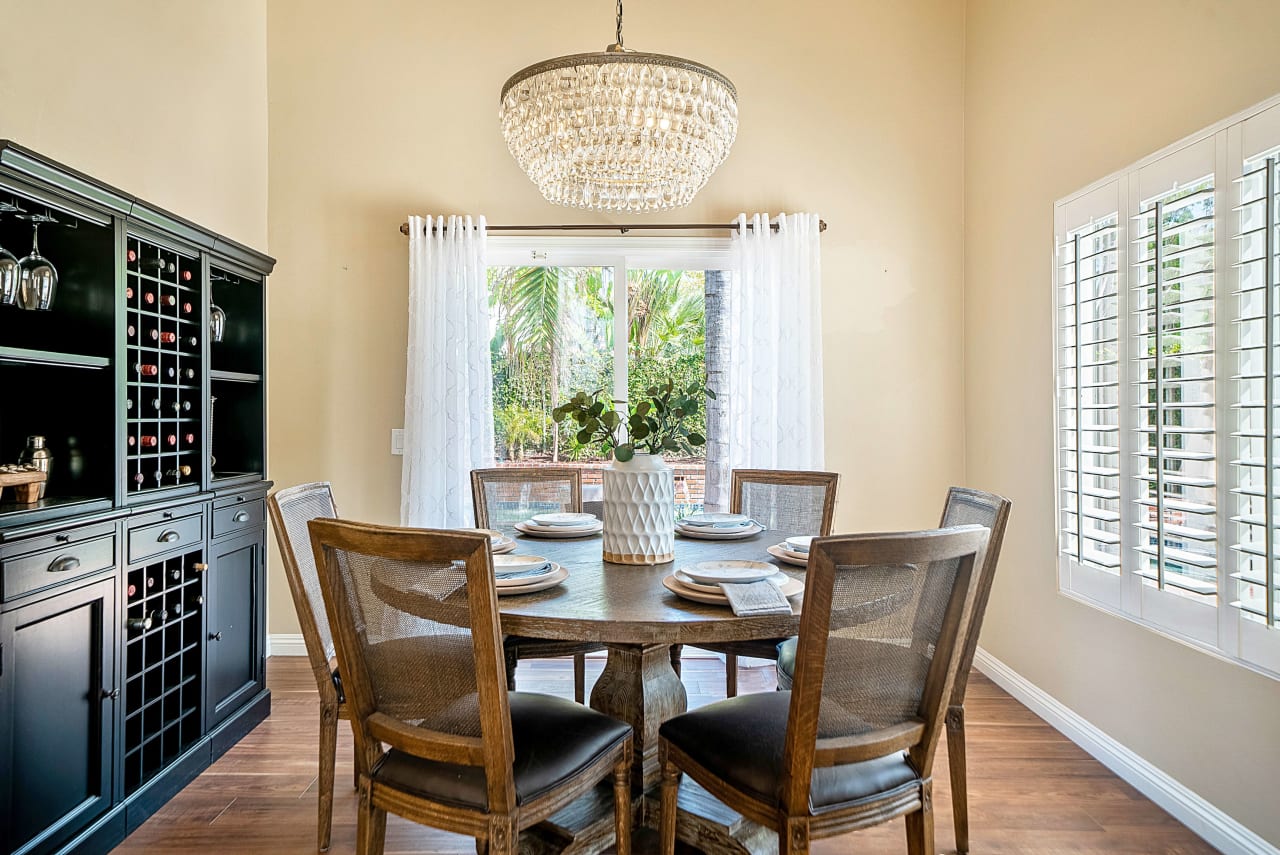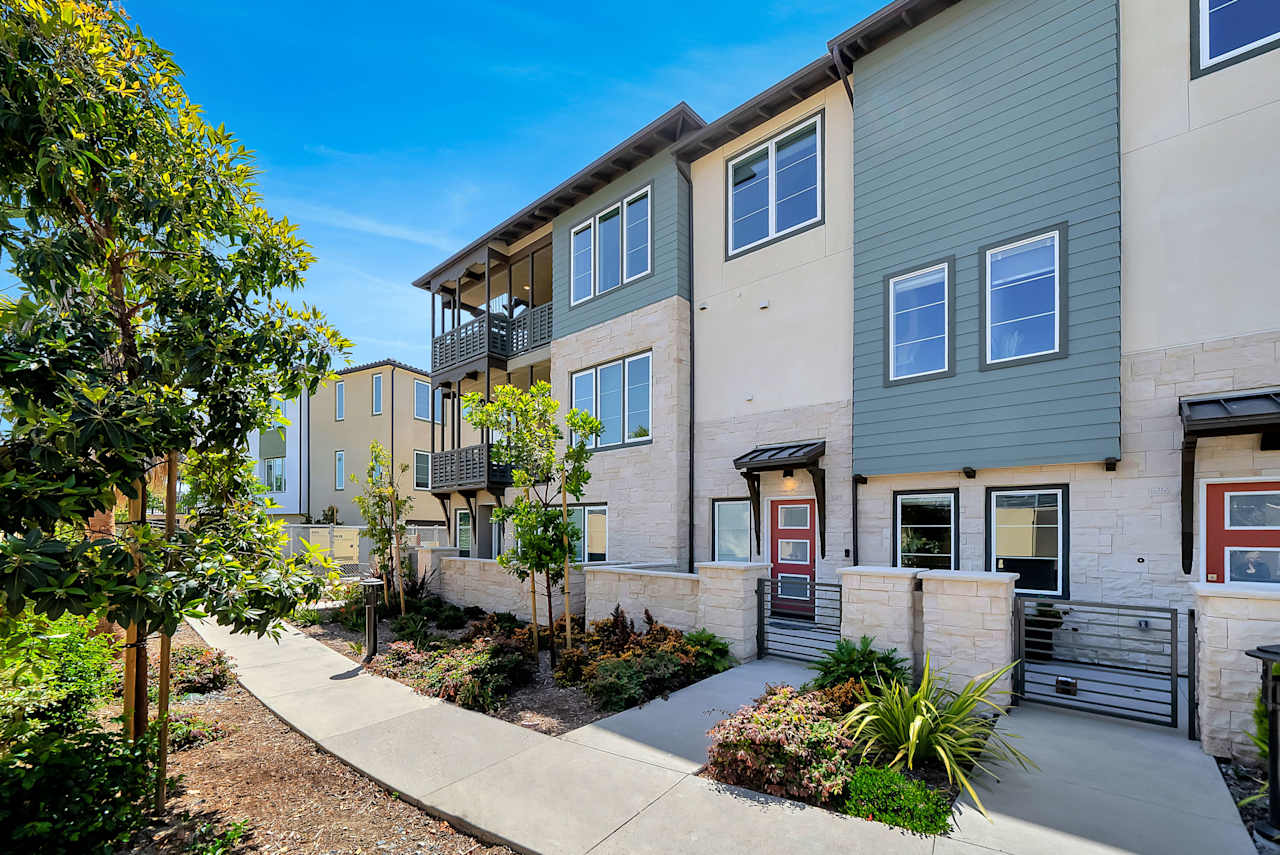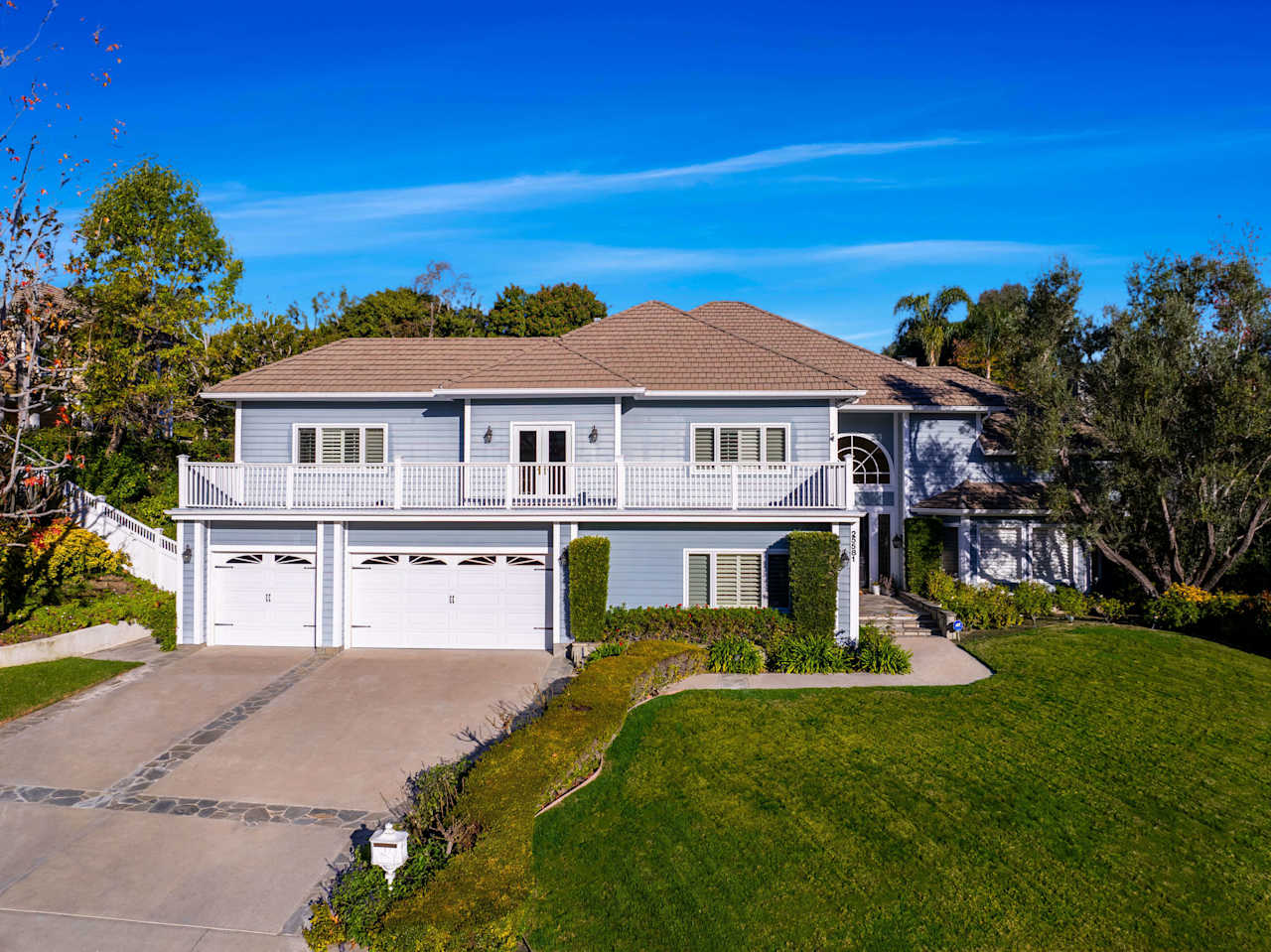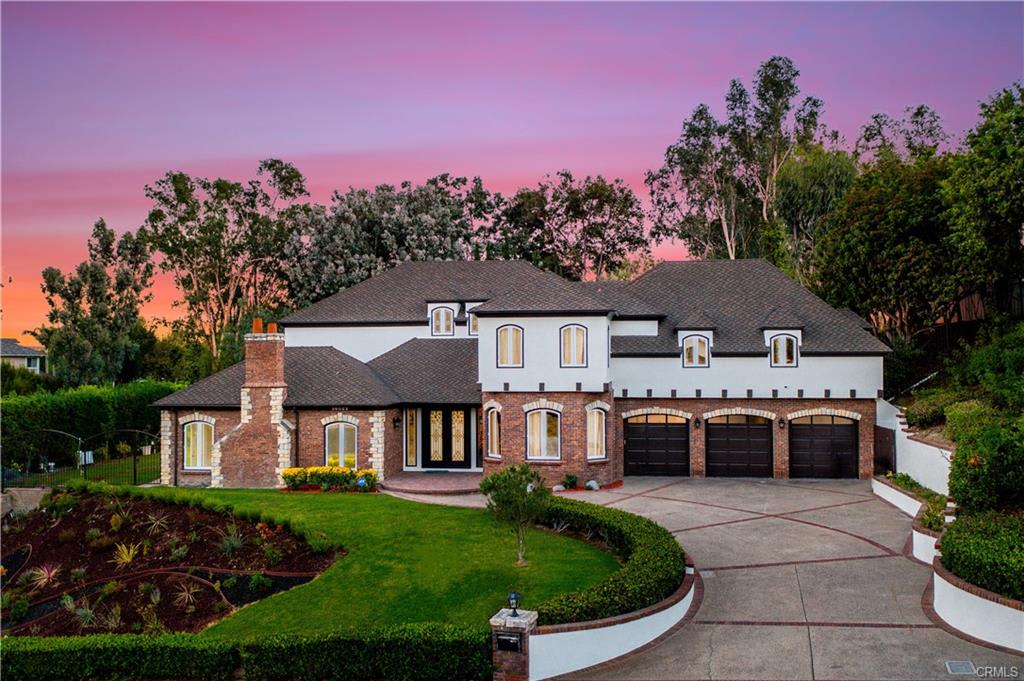California's New Law on Selling Accessory Dwelling Units as Condominiums
Real Estate

Real Estate

California has long been a hub of innovation and progressive policies, and this trend extends to the real estate market. Accessory dwelling units (ADUs), often referred to as "granny flats" or simply guest houses, have been a valuable addition to California's housing landscape for years. These secondary living spaces come in various forms, from converted garages to backyard cottages and even unused portions of the main house. Traditionally, ADUs have been available only for rent. However, a new law, Assembly Bill 1033 (AB 1033), is changing the game, offering Californians the opportunity to buy and sell them as condominiums.
Assemblyman Phil Ting, hailing from San Francisco, championed this groundbreaking legislation, recognizing the potential it holds for homeowners and aspiring buyers alike. Under AB 1033, property owners in participating cities now have the option to construct an ADU on their land and sell it separately, adhering to the same regulations that govern condominiums. This not only expands the choices available to homeowners but also aligns with the hope of promoting greater homeownership in the state.
The key to this transformative shift is that local governments must opt in to the ADU-as-condominium approach for it to be a viable option within their jurisdictions. Furthermore, like newly developed condominiums, homeowners building ADUs are required to notify local utilities such as water, sewer, gas, and electric about the creation and separate conveyance of the unit.
One significant aspect to consider is that, similar to condominiums, the main house and the ADU will have two different property tax assessments. Assemblyman Phil Ting anticipates that, initially, many of the ADUs going through this process will be sold to family members or close friends of the homeowner. As people become more comfortable with this concept and the practice becomes more widespread, it could evolve into a traditional real estate transaction.
Meredith Stowers, a loan officer at CrossCountry Mortgage in San Diego specializing in ADUs, believes that AB 1033 brings benefits for both homeowners and prospective buyers. She points out that many homeowners who can benefit from this new law are retirees who have paid off their mortgages but are living on limited Social Security and meager retirement funds. For these retirees, downsizing to a smaller house doesn't make financial sense. AB 1033 offers them an opportunity to earn supplemental income from their properties while also creating affordable housing.
In some cases, retirees are even building ADUs in their backyards, which they then move into, potentially selling off their main homes. This innovative approach helps them leverage the equity they've built up in their homes while finding financial stability in their retirement years.
California's AB 1033 opens up exciting possibilities for homeowners and potential buyers, tapping into the value of ADUs not just as rental properties but as true assets for homeownership and financial security. With more cities embracing this change, we can expect to witness a shift in the real estate landscape that benefits both homeowners and those in search of affordable housing solutions. If you're considering the ADU-as-condominium option, it's a great time to explore the potential it holds for you and your community.
Stay up to date on the latest real estate trends.

April 19, 2024

March 28, 2024

February 21, 2024

February 13, 2024
Melody Smith's 7th annual blood drive.

January 26, 2024

January 10, 2024

December 27, 2023
A Comprehensive Guide for Buyers and Sellers

December 11, 2023
The finest in business and best in the community.

November 9, 2023
A new law, Assembly Bill 1033 (AB 1033), is changing the game, offering Californians the opportunity to buy and sell them as condominiums.
You’ve got questions and we can’t wait to answer them.